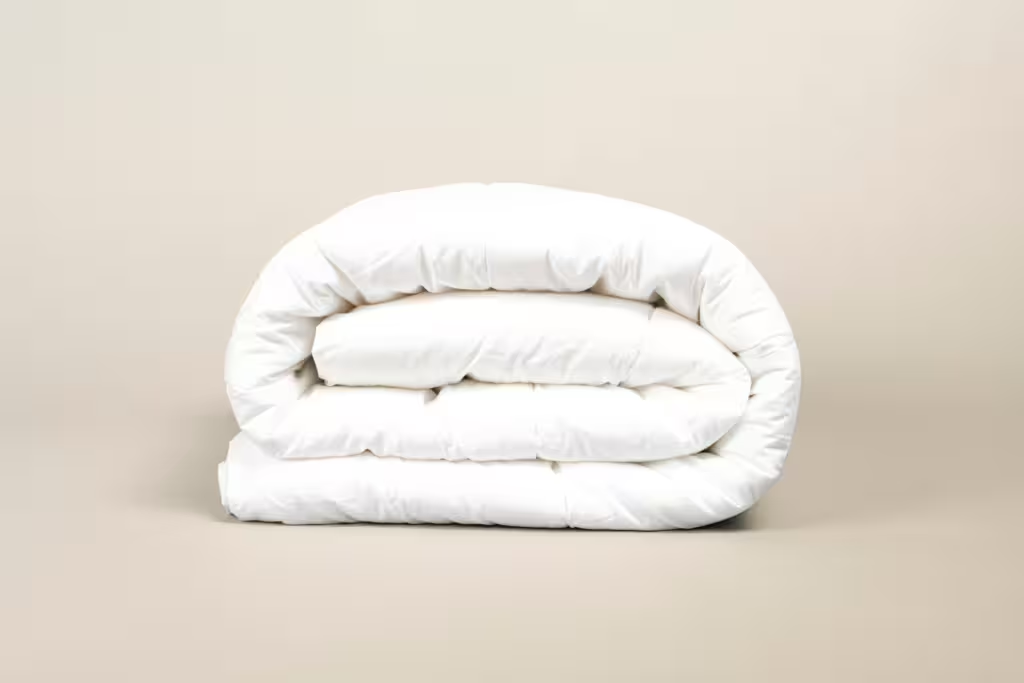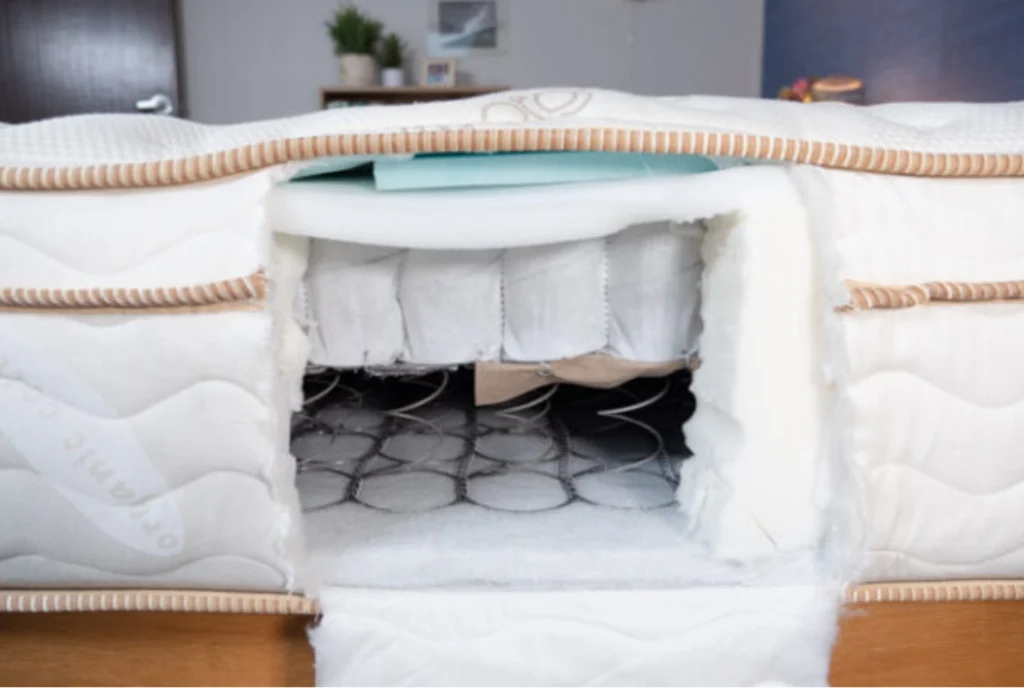We receive free products for review and participate in affiliate programs, where we earn commissions on items purchased through links on our site. For more details, please visit our disclosure page.
Purchasing a mattress is a significant investment, as it plays a vital role in your sleep quality and overall health. After all, the average person spends about one-third of their life in bed!
No matter what type or size of mattress you’re considering, you likely want to get the best deal. Whether you’re shopping in-store and wondering if negotiating the price is possible or you’re exploring online options for the best overall deal, read on for more insights!
Mattress Price Ranges
Here’s a breakdown of what you can expect to pay for a mattress based on different price ranges, reflecting a Queen size:
-
$250-$500: Basic mattresses that may not offer significant support but are fine for children or lightweight sleepers.
-
$500-$1000: Hybrid or all-foam beds that work for average-weight adults and should last at least five years.
-
$1000-$2000: High-quality mattresses made from premium foams and coils that cater to a variety of sleepers, often with strong warranties and trial periods.
-
$2000-$5000: Top-tier mattresses that feature advanced spinal support or cooling technology, offering long-lasting durability of over a decade.
The cost of a mattress is influenced by factors like size, type, and features. Here’s what you can expect from each price bracket:
-
$250-$500: Budget-friendly options with basic features. You’ll find innerspring, foam, or hybrid types, but expect fewer coils and thinner foam layers. These may not last as long and could require a replacement sooner.
-
$500-$1000: A wider variety of options, including hybrids and compatibility with adjustable frames. These beds are made from better materials, come with trial and warranty periods, but lack some luxury features.
-
$1000-$2000: Premium beds made with high-end materials like phase-change foam or natural latex. Popular brands and bed-in-a-box retailers are available in this range.
-
$2000-$5000: These mattresses include the latest materials and advanced features, with longer lifespans and exclusive designs from well-known or boutique brands.
Can You Negotiate Mattress Prices?
When shopping in-store, negotiating mattress prices is often an option. According to our Mattress Purchasing Habits Survey, about two-thirds of shoppers who visit physical stores try to negotiate. The good news? A whopping 97% of them are successful, often securing discounts, free delivery, or free accessories.
How to Negotiate Mattress Prices In-Store
In-store mattress prices are typically higher than online prices due to exclusive models and retailer-specific deals. To negotiate effectively, research online prices before heading to the store, ensuring you’re not paying more than you would online.
If you’re working with a budget, such as aiming to spend $2000 instead of $2500, mention this to the sales associate. They may offer a discount or throw in free delivery or removal of your old mattress. Nearly 25% of shoppers in our survey managed to score free delivery after negotiating.
Be mindful of extra in-store costs like mattress removal and delivery fees. Additionally, if you’re buying sleep accessories (pillows, sheets, etc.) at the store, these costs can add up.
Salespeople are motivated by commissions, so they are often open to negotiation. Be polite and respectful, and feel free to ask about available discounts. Marc Werner, Founder of GhostBed, suggests directly asking the manager about discounts, especially if you’re considering purchasing display models.
Before finalizing your purchase, consider negotiating. According to our survey, 36.3% of respondents successfully reduced the price of their mattress in-store.
Online Mattress Prices: No Room for Negotiation
When purchasing a mattress online, the price is fixed, and negotiation isn’t an option. However, online retailers often run deals that bundle accessories like pillows or sheets, especially during holiday sales. You can even get weighted blankets and other extras, adding up to hundreds of dollars in savings.
While negotiating isn’t possible online, you can still take advantage of bundled offers and free services like delivery or mattress removal. In many cases, buying online can save you money compared to in-store purchases.
Best Time to Buy a Mattress
Holiday sales can save you 10%-20% on your mattress purchase. Popular times for mattress sales include:
-
New Year’s Day
-
Presidents Day
-
Memorial Day
-
Independence Day
-
Labor Day
-
Black Friday
-
Cyber Monday
Spring is also a great time to buy, as new models are released and older models are discounted. Flash sales, closeout sales, and inventory-clearance events offer additional opportunities for savings. To stay in the loop, subscribe to local and online mattress retailer mailing lists.
Tips to Get the Best Mattress Deal
-
Wait for Sales: If you can, time your purchase around holiday sales for substantial discounts.
-
Don’t Settle for the First Mattress: Shop around to compare prices both in-store and online. You might even find a store willing to price-match or offer a better deal.
-
Do Your Research: Take time to read reviews, watch videos, and compare similar mattresses before making a decision.
-
Look for a Trial Period or Warranty: Many stores offer a return policy (30 to 90 days), while online retailers may have even longer sleep trials (up to 120 days) and extended warranties (up to 10 years).
Final Thoughts
Buying a new mattress is an important investment, but it doesn’t have to break the bank. You can often negotiate prices in-store or explore online options for the best overall deal. Be sure to do your research, compare prices, and take advantage of seasonal sales to find the perfect mattress for your needs.



